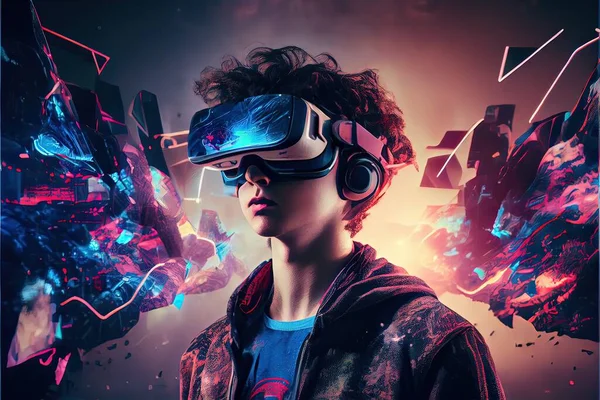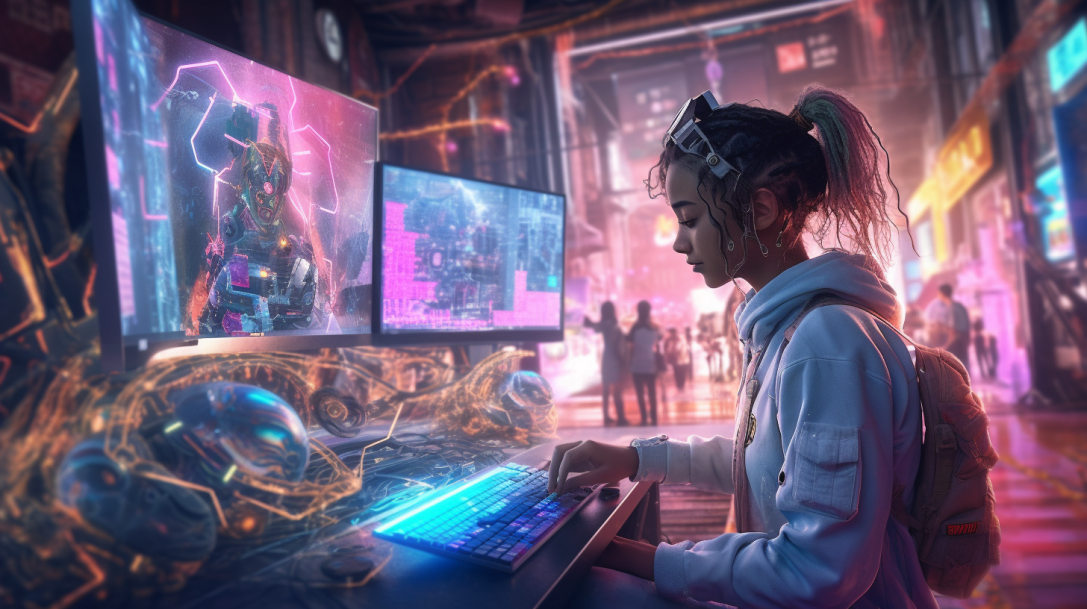Artificial Intelligence (AI) is revolutionizing the gaming industry by enhancing gameplay, creating smarter opponents, and enabling more immersive experiences. However, while AI brings innovation and excitement, it also introduces unique risks that players, developers, and regulators must carefully consider.
What Are the Risks of AI in Gaming?
AI in gaming typically involves algorithms that control non-player characters (NPCs), personalize player experiences, and even generate entire game worlds. Despite these advancements, the use of AI raises several ethical, social, and security challenges.
Key Risks in AI and Gaming
Privacy and Data Security
Many AI-powered games collect vast amounts of player data to offer personalized experiences. This can lead to concerns about how personal information is stored, shared, and protected. Unauthorized access or misuse of player data poses serious privacy risks.
Algorithmic Bias
AI systems can inherit biases from the datasets they are trained on. In gaming, this may lead to unfair advantages, misrepresentation of cultures, or stereotypical character designs, potentially alienating certain groups of players.
Manipulative Game Design
AI can track player behavior to maximize engagement, but in some cases, this is used to encourage addictive patterns or excessive in-game spending. This raises ethical questions about player exploitation and the promotion of unhealthy gaming habits.
Reduced Player Challenge
While AI opponents can enhance gameplay, overly predictable or “perfect” AI can diminish the sense of challenge or make games frustratingly difficult. Poorly balanced AI systems may negatively impact the player’s experience.
Security Vulnerabilities
Sophisticated AI systems may introduce new types of security flaws. Hackers could manipulate AI-driven elements to cheat or disrupt gameplay, potentially leading to unfair multiplayer environments.
Job Displacement in Game Development
As AI becomes more capable of automating tasks like level design, animation, and quality testing, there is a growing concern about reduced job opportunities for human designers and developers in certain areas of the gaming industry.
Ethical Concerns in AI-Generated Content
AI can autonomously create game content such as characters, dialogues, or environments. However, this raises questions about the originality, ownership, and ethical responsibility if the generated content is offensive, biased, or misleading.
Conclusion
AI is rapidly shaping the future of gaming, offering smarter, more dynamic, and personalized experiences. However, it also presents significant risks related to privacy, fairness, security, and ethics. Game developers, regulators, and players must work together to ensure that AI is used responsibly—creating games that are not only innovative but also safe, inclusive, and respectful of players’ rights.




Leave feedback about this